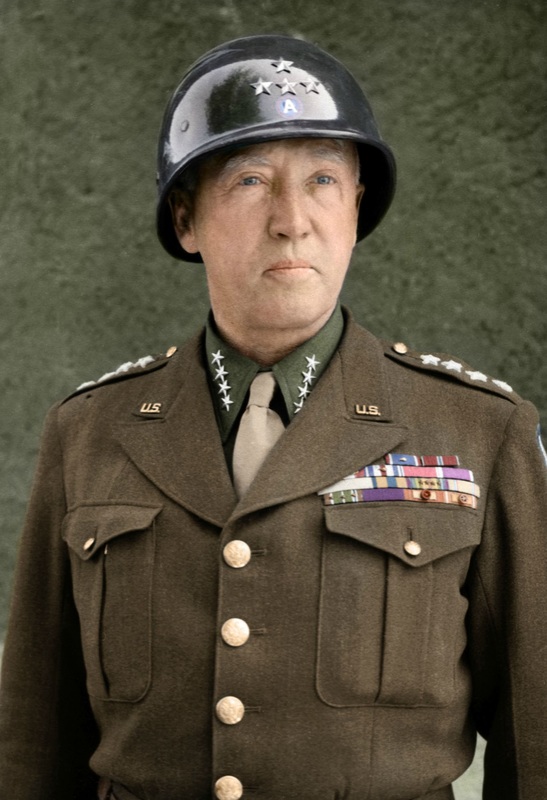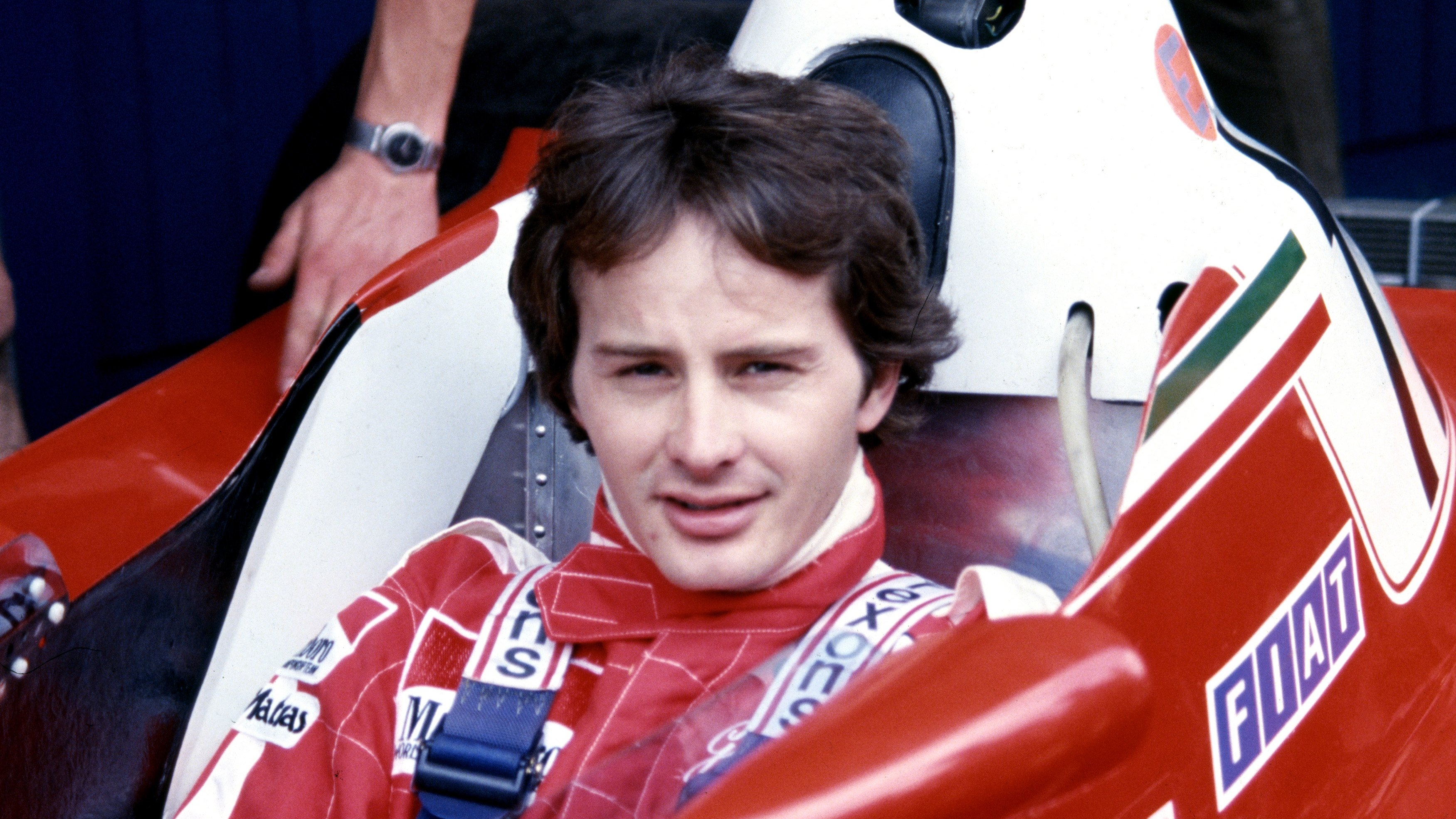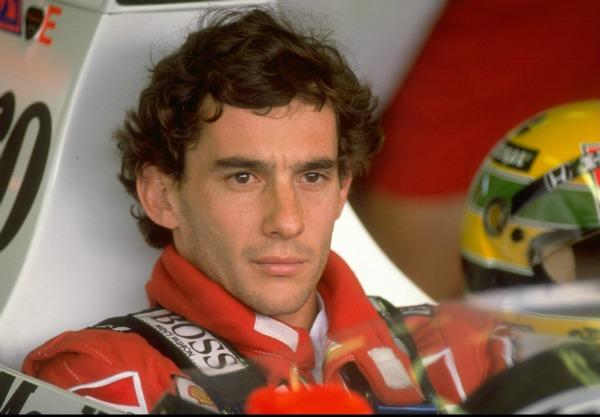The contemporary geopolitical landscape is about Islamist terrorists battling Western governments. Religious extremism is just as bad on the fundamentalist Christian side (go to the American south to experience it first-hand). The difference is that the Christian extremist aren't as militant as their Muslim counterparts. Instead of conducting suicide bombings against the 'infidel' rest of the world, Jesus freaks simply picket their opponents, hold placards, lead demonstrations or establish their own separate community to live apart from others (like the Mormons).
Which brings me to another of my heroes, Mustafa Kemal Pasha Ataturk - the founder of modern Turkey. The Ottomon Empire was the last powerful global Muslim empire. After it crumbled post-WWI, Kemal Ataturk (a Muslim himself and soldier under the Ottomans) fought off the invading Greeks and stabilized the frontiers so that a new Turkish nation can emerge from the Ottoman ruins. His experiences told him that Turkey had to modernize to create a better future for its citizens. That meant shedding its feudalistic past - symbols, habits and culture. He made bold reforms: adopting the Latin alphabet for the Turkish language, getting women to unveil themselves, banning the wearing of stereotypical fes, establishing modern Western institutions and getting the Turkist people to modernize along Western lines in clothing, culture and habits.
But his most courageous act was to abolish the Caliphate - the basis of Islamic nationhood since the founding of the religion. He suppressed the Islamists through the military and imposed secularism as the sole state creed. There would be no usurpation of temporal power by religious figures or movements. Try anything funny and the army would move in to arrest and execute. Till this day, Turkey has no official religion even though 99% of its population is Muslim.
For a Muslim leader, Kemal Ataturk was courageous in confronting the medieval, feudalistic religious practices/institutions/customs which obstructed Turkey from moving towards socio-economic progress. Look at Turkey today - the legacy of his hard work. If you discount oil & gas wealth as a skewed indicator of socio-economic measurement, Turkey is the most modern, advanced and stable Muslim country in the world today. For that, I salute Kemal Ataturk - the father of the Turks. He's a great role model and someone to look up to in this age of religious fanaticism.
Monday, November 7, 2011
Thursday, July 7, 2011
General George S. Patton Jr.
My favourite military general is General George S. Patton Jr. of the U.S. Army during World War II. He was a bold, action-oriented and decisive visonary who led the U.S. Army to victories in North Africa, Italy and France. Because of his unorthodox military strategies and unpredictable character, the enemy German Nazi Army High Command openly acknowledged after the war that he was the only American general they truly feared. He could always hit them where and when they least expected. What I admire most about General Patton is his restless impetus for action. For him, to do is more important than to think or theorize. Time is of essence and striking decisively at the right moment can catch the enemy by surprise and throw them into confusion, leading to a rout. General George S. Patton Jr. was a pure frontline battle warrior, period. He also had the foresight to predict that the Soviet Union would pose the greatest military threat to the U.S. after the war. Although he was neither the highest decorated American general nor achieved the highest military appointments, he will always be the greatest modern military general to me.
Friday, April 1, 2011
Eric Cantona
In 1992, I was still a soccer fan just like the other lads. I had supported the English soccer club Manchester United (since 1985). That year, they were beaten to the League Championship by a Yorkshire club called Leeds United. While I was disappointed then, the loss introduced me to an extraordinary soccer genius called Eric Cantona who had been instrumental in Leeds' success. Eric was French, extremely articulate with both his feet and philosophy, and came with a bad boy reputation. As I read more about him, I realized he faced a lot of trouble back in France. He had changed 5 clubs in 6 years, often receiving suspensions and bans for clashing with referees or teammates. Yet Eric possessed sublime skills. He could see openings where other players could not; he could surprise opponents with a deft flick, backheel or delicate touch; he could direct precise passes and be in the right place to tap the ball into goal. For all his faults, he had always contributed to the success of whichever team he was in: 1) the 1988 European Under-21 Championship with France, 2) 1988-1991 French League Championship with Olympique Marseille, 3) 1990 French Cup with Montpellier. He came to England to escape his troubles and make a final attempt to ressurrect his soccer career. Eric was a proud man and unafraid to be different. He wore his jersey with collar up and strode about confidently, back straight and chest out. When his first English club Sheffield Wednesday offered him a trial after he had trained for weeks with them, he walked away with dignity. Leeds United picked him up and the rest is history. In 1993, Eric transferred to my supported club Manchester United. It was a dream come true for me. He contributed greatly to United winning its first League Championship in 26 years. He helped United win 4 League Championships, 2 FA Cups and 3 Charity Shields in total. Even though he had bad experiences in France, Eric still gave his best playing for the French national team. Because of him, I supported the French national soccer team for many years. Unfortunately, he belonged to the cursed French national team of the 1990s whose luck always let them down despite so much promise. Example: the team was the only one to win all its qualifying matches for the 1992 European Championship but had problems scoring when the Championship started. They were knocked out in the first round. In 1993, the team only needed a draw in its last 2 matches to qualify for the 1994 World Cup. But incredibly, they were beaten by Israel and Bulgaria at home, and failed to qualify. Although Eric never won the World Cup, (senior) European Championship or European Cup, he'll always be the greatest soccer player ever for me. Period.
Thursday, March 31, 2011
Gilles Villeneuve
Gilles Villeneuve is another sporting hero of mine. I took to him because our driving styles are similar. We're both oversteer drivers and love hanging the tail of the car out when taking corners. For me, the image of Gilles driving the no. 27 Ferrari to the ragged edge is always immortalized in my mind. In honour of Gilles, I adopted 27 as my personal number. I admire Gilles for: (1) his courage in driving to the limit of traction right on the razor edge (with the tail end hanging out nonetheless), (2) his deep sense of honour and integrity not to overtake his teammate Jody Schekter at the 1979 Italian Grand Prix and become World Champion himself that year, and (3) his battling tenacity, as exemplified by his stubborn determination to wrestle his 3-wheeled Ferrari back to the pits at the 1979 Dutch Grand Prix, even though he could have simply retired on the spot since it made no difference as the damaged car could not continue anyway. I saluted the way he refused to give up and battled Rene Arnoux's Renault corner after corner for a mere 2nd place at the 1979 French Grand Prix. He was always the fastest driver among his peers but was unlucky never to have become World Champion. Unfortunately, he died during qualifying at the 1982 Belgian Grand Prix when his car hit another slower car in front, flew up, hit the ground and sommersaulted on land. Gilles was thrown onto a catch fence and died. But he died doing what he loved best: taking the car to the maximum limit. In his memory, I will name my second born son after him. To me, he'll always be the greatest Canadian racing driver ever. Period.
Ayrton Senna da Silva
The late great Ayrton Senna da Silva is the sporting hero I admire most. I came to know about him shortly after I became interested in motor racing in 1995. A fellow car fan had casually remarked how much he hated Senna and gloated about Senna's death. I became curious about who Senna was and why he was so loathed. Later when I started to import Formula One VHS from Australia and watch them, I became impressed with the man - his driving skills and personality. So I began importing more VHS and books about Senna. The more I watched him drive, speak and behave on TV, the more I grew to idolize and admire the man. He embodied the qualities I aspire to have: total professionalism, total commitment and total dedication. Senna was so focused on winning races and the championship that he channelled all his will (physical, mental and emotional) towards achieving his objective. One of the funniest quotes I read about Senna was: "If there was anyone who would sell his soul to the devil to win the championship, it was Senna." His great rival and then teammate, Alain Prost, confronted him after they came very close to colliding at the 1988 Portugese Grand Prix and said: "I know how badly you want to win the championship. But until today, I didn't realize you were prepared to gamble your life for it. In that case, take it! I renounce it! My life and safety is more important to me than being World Champion. Wow, I thought, such fierce determination to win at all costs and bravery to attempt overtaking manoeuvres in places where nobody else would even think about. He became my role model and showed me the way to live. I remember wearing the red Senna 'S' T-shirt to university exams and praying to Senna before entering the exam hall. I painted the red Senna 'S' symbols on my red karting gloves. I even swore to Senna to name my first born son after him and consecrate the infant to his memory. For me, Senna will always be the greatest racing driver ever. Period. The God of Racing.
Subscribe to:
Comments (Atom)




